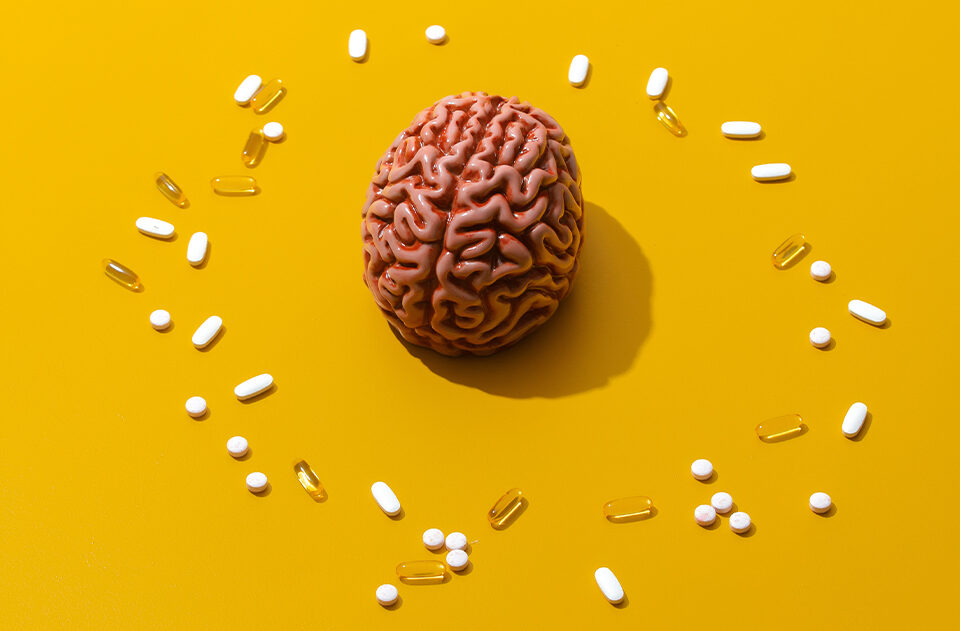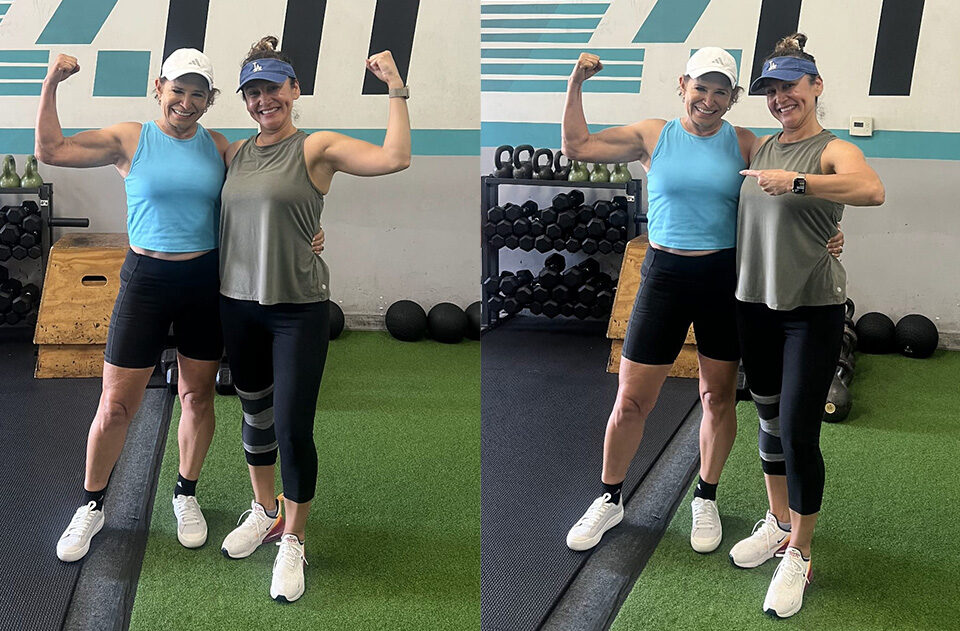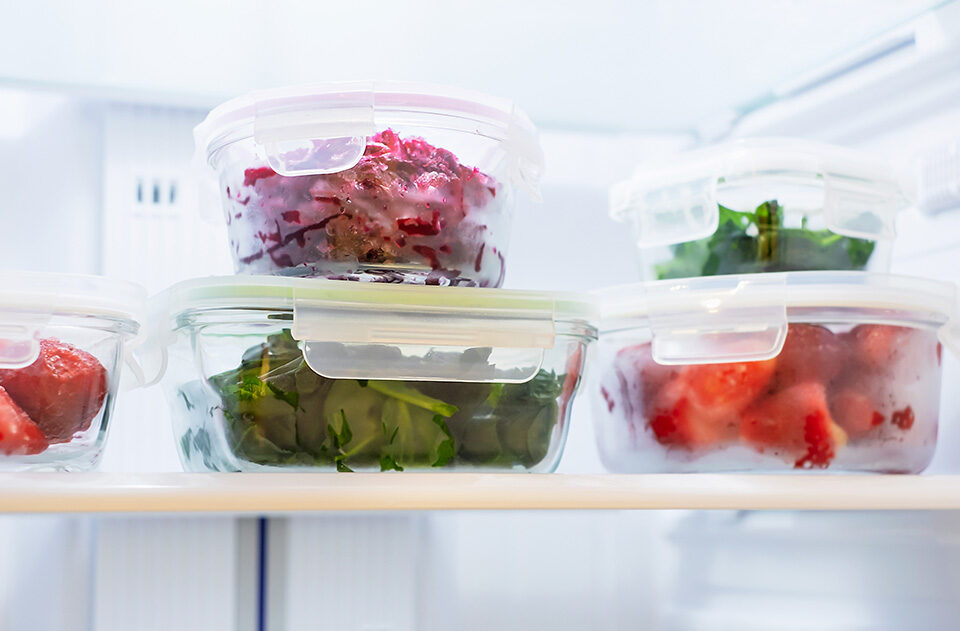Understanding the Importance of Hydration in the Summer

As the scorching heat of summer continues, the importance of hydration becomes crucial for maintaining optimal health and well-being. Hydration goes beyond just drinking water; it involves nourishing our bodies with water-rich foods and adopting a cellular hydration diet. This blog explores the significance of hydration in the summer season, focusing on the effects of increased water intake, the consequences of dehydration, and the best ways to stay adequately hydrated.
What happens to your body when you start drinking more water?
When you increase your water intake, your body undergoes several positive changes that promote overall health and well-being. Getting enough hydration offers many benefits, including:
a. Improved Physical Performance: Staying hydrated supports better physical performance by enhancing muscle function and reducing fatigue during exercise. Proper hydration ensures that your muscles receive sufficient oxygen and nutrients, leading to improved endurance and performance.
b. Enhanced Cognitive Function: Hydration plays a huge role in maintaining optimal brain function. Studies have shown that even mild dehydration can impair cognitive abilities, such as attention, memory, and mood. Drinking more water can help you think more clearly, concentrate better, and stay alert.
c. Regulation of Body Temperature: Water is essential for regulating body temperature through sweating. As you drink more water, your body can efficiently cool down during hot weather, preventing heat-related illnesses.
d. Detoxification: Adequate water intake supports proper kidney function, helping flush out waste products and toxins from the body. This aids in maintaining kidney health and preventing urinary tract infections.
e. Skin Health: Hydration is vital for maintaining healthy, glowing skin. Drinking more water helps keep your skin moisturized and can reduce the appearance of fine lines and wrinkles.
Is hydration just drinking water?
While water is the primary and most direct source of hydration, it is not the only way to keep your body hydrated. Hydrating foods and water-rich foods play a significant role in maintaining proper hydration levels. Incorporating these foods into your diet can contribute to your overall hydration:
a. Water-Rich Foods: Water-rich fruits and vegetables not only provide hydration but also offer valuable nutrients and antioxidants. Some of the most hydrating fruits include watermelon, cucumber, strawberries, cantaloupe, and oranges. These fruits have a high water content, ranging from 89% to 92%, making them excellent choices for staying hydrated. On the other hand, hydrating vegetables like celery, lettuce, radishes, and zucchini have a water content of approximately 94% to 95%, making them ideal options to boost hydration levels. Incorporating these hydrating fruits and vegetables into your diet can help keep you well-hydrated and nourished during the scorching summer months.
b. Hydration Tips for Summer: In hot weather, it’s essential to prioritize proper hydration to safeguard yourself. One of the fundamental tips is to drink water regularly throughout the day, ensuring you replenish the fluids lost through sweat and prevent dehydration. Opting for pure, clean water is the best way to quench your thirst and maintain optimal summer hydration levels. Avoid sugary, alcoholic or caffeinated beverages, as they can contribute to dehydration and may cause increased fluid loss due to their diuretic effects. Instead, consider incorporating water-rich foods into your diet, such as refreshing salads, hydrating smoothies, and nourishing soups. Additionally, adding a splash of citrus fruits like lemon or lime to your water can enhance its taste, making it more enticing to drink and encouraging you to reach for your water bottle more often. Remember that even mild dehydration can impair physical and cognitive performance, so be proactive and mindful of your water intake to beat the summer heat and keep yourself feeling refreshed and energized.
What happens if you don’t drink enough water in the heat?
When you don’t drink enough water in hot surroundings, your body is at an increased risk of dehydration, which can have severe consequences on your health. Dehydration occurs when your body loses more fluids than it takes in, disrupting the delicate balance required for optimal bodily functions. In hot weather, your body sweats more to regulate its temperature, leading to additional fluid loss. The consequences of not hydrating include:
Impaired Physical Performance: Dehydration reduces blood volume, leading to decreased oxygen delivery to muscles and organs. This can result in decreased physical performance, fatigue, weakness, and dizziness. Athletes and individuals engaging in physical activities in the heat may experience decreased endurance, slower reaction times, and reduced overall athletic performance.
Heat-related Illnesses: Dehydration hinders your body’s ability to regulate its temperature effectively, making you more susceptible to heat-related illnesses such as heat exhaustion and heatstroke.
Heat exhaustion is characterized by symptoms like excessive sweating, rapid pulse, throbbing headaches, nausea, confusion, and even fainting. If not promptly treated, heat exhaustion can progress to heatstroke, which is a life-threatening condition that requires immediate medical attention.
Kidney Function: Insufficient water intake can strain the kidneys, as they struggle to filter waste products effectively. Chronic dehydration may increase the risk of kidney stones and urinary tract infections, leading to discomfort and potential long-term kidney damage. Proper hydration is essential to support kidney health and prevent the formation of mineral deposits in the kidneys.
Electrolyte Imbalance: Dehydration can disrupt the balance of essential electrolytes, such as sodium, potassium, and calcium, in your body. Electrolyte imbalances can lead to muscle cramps, weakness, irregular heart rhythms, and other serious health issues. Athletes, in particular, need to be mindful of maintaining proper electrolyte balance during prolonged physical activity in the heat.
Impaired Cognitive Function: The brain requires adequate hydration to function optimally. Dehydration can lead to difficulty concentrating, memory problems, mood swings, and reduced alertness and mental clarity. This can impact daily activities, academic performance, and work productivity.
What are two warning signs of dehydration?
Recognizing the warning signs of dehydration is crucial to address the issue promptly. Two main indicators of dehydration are:
Thirst: Feeling thirsty is your body’s way of signaling that it needs more fluids. It is essential to listen to your body and drink water when you feel thirsty.
Dark Urine: The color of your urine can be a reliable indicator of hydration levels. Dark yellow or amber-colored urine may suggest dehydration, while light yellow or pale straw-colored urine indicates proper hydration.
By paying attention to these signs and taking appropriate measures to stay adequately hydrated, you can definitely stay two steps ahead of dehydration.
Minerals and electrolytes
Minerals and electrolytes work together to make sure our body stays hydrated. They control how much water is inside and outside our cells, helping our muscles, heart, and kidneys do their jobs. These tiny charged particles, such as sodium, potassium, chloride, calcium, and magnesium, help manage how fluids are distributed inside and outside our cells. They play a big role in how our heart, muscles, and kidneys work by controlling things like nerve signals, muscle movements, and even how blood vessels tighten or relax. Sodium and chloride mainly work outside cells and help control how much fluid is around them, while potassium is mostly inside cells and helps keep a balance there. Calcium, besides its bone role, helps muscles and blood vessels work right, indirectly affecting fluid levels. Magnesium helps enzymes do their jobs and keeps electrolytes and energy in balance.
Cellular Hydration Diet
One diet in particular to consider adopting in the summer is a cellular hydration diet. It is also advised to follow if you’re wondering what to eat when dehydrated. The cellular hydration diet has a comprehensive approach to promoting optimal cellular health and overall well-being by focusing on maintaining proper hydration at the cellular level. This dietary approach emphasizes the importance of consuming foods and beverages that support cellular hydration, providing essential nutrients, minerals, and electrolytes to facilitate cellular function. The diet encourages the consumption of hydrating foods such as fruits and vegetables, as they not only quench the body but also offer an array of vitamins, minerals, and antioxidants that support cellular processes. Fresh, nutrient-dense foods like watermelon, cucumber, oranges, strawberries, and leafy greens are central to the cellular hydration diet. Additionally, including foods with a balanced electrolyte profile, such as potassium, sodium, and magnesium, is crucial to maintaining cellular fluid balance and optimizing cellular function. Because of this, the diet includes the best foods for dehydration recovery. Adequate hydration at the cellular level contributes to better digestion, nutrient absorption, detoxification, and improved energy levels. The cellular hydration diet also emphasizes reducing or eliminating dehydrating substances like sugary and caffeinated beverages, which can contribute to overall dehydration. Proper hydration of cells is not only essential for physiological function but also plays a significant role in supporting skin health, cognitive function, and overall vitality.
Examples of foods you can eat while adhering to a cellular hydration diet
Hydrating Smoothie: Blend together watermelon, cucumber, spinach, and a splash of coconut water for a refreshing and hydrating start to the day.
Overnight Chia Seed Pudding: Soak chia seeds in almond milk overnight, and top it with hydrating fruits like berries and sliced kiwi.
Quinoa Bowl: Combine cooked quinoa with chopped cucumbers, avocado, and pomegranate seeds. Sprinkle with fresh mint and a squeeze of lime for a hydrating and nutritious meal.
Hydrating Fruit Bowl: Create a fruit bowl with hydrating fruits like cantaloupe, honeydew, and strawberries. Top with a dollop of Greek yogurt and a sprinkle of chia seeds for added protein and fiber.
Remember to adjust portion sizes and food choices based on your individual dietary needs, preferences, and any medical conditions you may have. It’s essential to consult with a healthcare professional or a registered dietitian before starting any new diet plan to ensure it suits your specific requirements.
Supplementation
Supplements can be a valuable addition to support hydration, especially in situations where obtaining adequate fluid balance from beverages and water-rich foods may be challenging or insufficient. Several supplements can aid in increasing hydration:
Mineral Complex: A mineral complex supplement aids hydration by balancing essential minerals like sodium, potassium, magnesium, and calcium. These minerals regulate fluid movement in and out of cells, supporting efficient hydration and preventing dehydration.
Electrolyte Supplements: These supplements contain essential minerals like potassium, sodium, magnesium, and calcium, crucial for maintaining fluid balance within the body. Available in various forms, such as tablets, powders, and effervescent tablets, electrolyte supplements can be particularly beneficial during intense physical activity, hot weather, or after excessive sweating, as they help replenish electrolytes lost through sweat and prevent dehydration.
Oral Rehydration Solutions (ORS): Specifically formulated mixtures containing a precise balance of electrolytes and glucose to promote rapid rehydration. ORS solutions are commonly used to treat dehydration caused by diarrhea, vomiting, or excessive sweating. They are available as ready-to-use packets or can be prepared at home using precise measurements.
Hyaluronic Acid Supplements: Rich in hyaluronic acid, an amino acid known for attracting and retaining water molecules, these supplements support skin hydration and joint health. While more research is needed, some studies suggest that oral hyaluronic acid supplements may help improve skin moisture and reduce joint discomfort in certain individuals.
N-Acetylcysteine (NAC) and Glycine Supplements: NAC and glycine are amino acids that may have beneficial effects on hydration. While more research is required to establish their specific role, some studies suggest that NAC and glycine supplementation might support hydration levels in certain situations.
Sufficient C Powdered Supplement: Powdered vitamin C supplements can contribute to hydration as vitamin C plays a role in collagen synthesis, a critical component of skin hydration. This immunity boosting drink also contains l-lysine, bromelain and green tea extracts.
Conclusion
Staying hydrated is absolutely essential for nurturing your well-being, particularly during the delightful summer months when the sun shines extra bright. Embrace the joy of drinking water regularly and savoring water-rich foods, as they play a vital role in keeping your body wonderfully hydrated. And for an extra boost, a little supplementation can be your cheerful companion. Embrace the boundless benefits of staying hydrated as it empowers your physical performance, enhances cognitive function, and sets the stage for an incredibly joyous and healthy summer. Remember to stay mindful of the gentle cues your body sends and make hydration your delightful priority for a summer filled with happiness and vibrant well-being.





